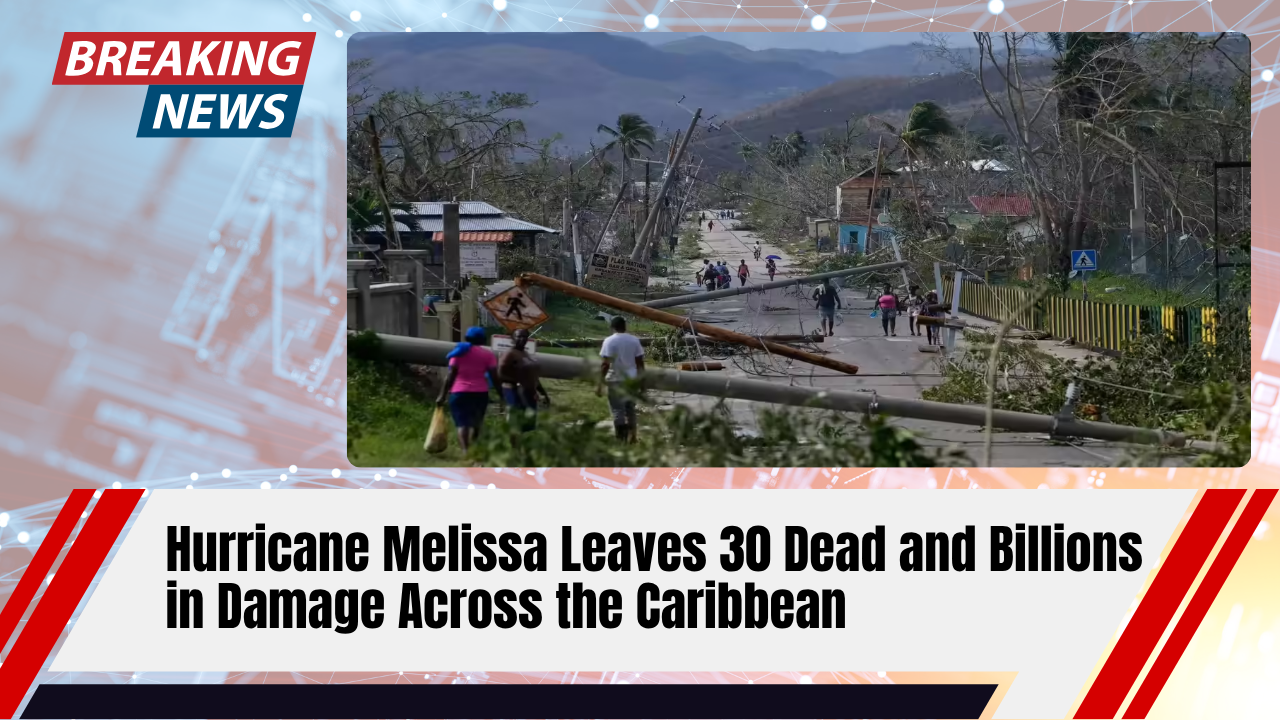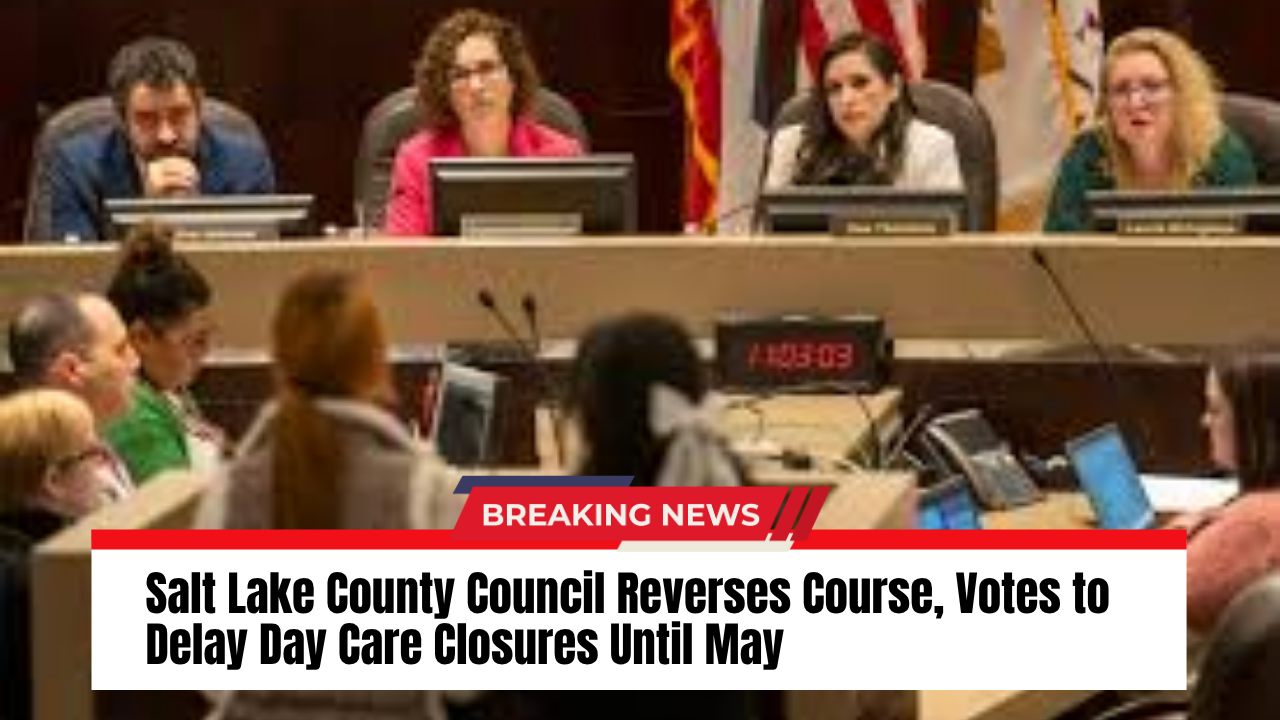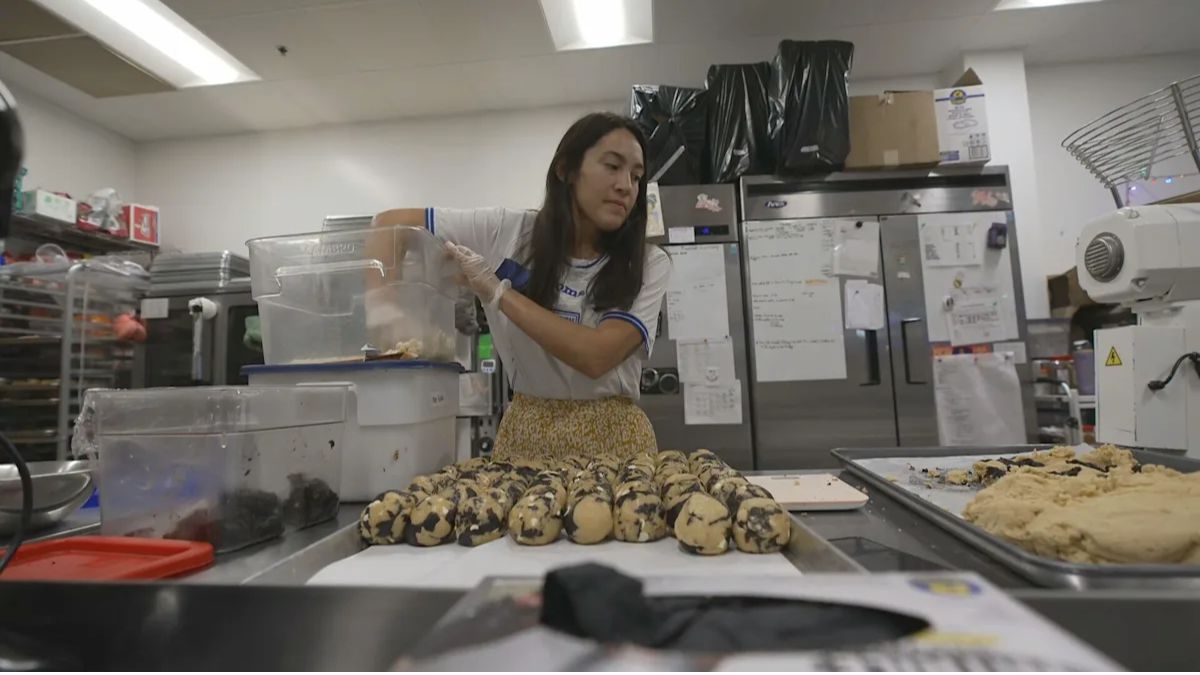HAVANA — Hurricane Melissa tore through the Caribbean this week, leaving a trail of destruction across multiple nations, killing at least 25 people in Haiti and nearly 30 across the region, while devastating large parts of Jamaica and Cuba before moving toward the Bahamas on Wednesday.
The storm made landfall in Jamaica on Tuesday as the strongest hurricane ever recorded to hit the island directly, packing sustained winds of 185 mph — well above Category 5 intensity. By Wednesday afternoon, Melissa weakened to a Category 1 hurricane as it moved northeast through the Bahamas, forcing the evacuation of more than 1,400 residents.
Haiti’s Deadly Flooding
Though Haiti was spared a direct hit, torrential rains from the storm triggered catastrophic flooding in Petit-Goave, about 40 miles west of Port-au-Prince. Officials confirmed 25 deaths, including 10 children, with 12 people still missing. More than 1,000 homes were flooded, worsening conditions in a country already struggling with widespread gang violence and displacement.
“For people living in camps, the flooding made it impossible to sit or sleep,” said one resident, describing a dire lack of aid and supplies. Another man in Les Cayes told Reuters, “If the hurricane comes on top of all the problems we already have, we’ll simply die.”
Jamaica Faces Record Losses
Melissa’s direct hit on Jamaica caused an estimated $22 billion in damages, according to AccuWeather — one of the most expensive natural disasters in the island’s history. The storm flattened homes, uprooted trees, and left 77% of the island without power.
Four bodies were recovered in the farming region of St. Elizabeth, and Prime Minister Andrew Holness visited the damaged Black River Hospital, where staff described working by flashlight through the night. “It was the most terrifying experience of my life,” one nurse said. “At one point, it was like missiles blowing through glass.”
Emergency shelters have taken in over 25,000 displaced residents, and officials have promised no one will be turned away. The Jamaican government began recovery operations Wednesday, while keeping shelters open as more people arrived from ruined homes.
Cuba’s Mass Evacuations
Before hitting Haiti and Jamaica, Hurricane Melissa made landfall overnight in southeastern Cuba near Guama, about 25 miles west of Santiago de Cuba, as a Category 3 storm with 120 mph winds. Authorities evacuated 735,000 residents ahead of the storm — one of the largest precautionary operations in recent years.
At least 241 communities remain isolated and cut off from communication, with heavy rainfall continuing to pound the region. Cuban President Miguel Díaz-Canel said the country had sustained “extensive damage,” particularly to agriculture, amid an ongoing food and fuel crisis.
Meteorologists said Melissa’s interaction with Cuba’s mountainous terrain caused “tremendous rainfall,” further compounding landslides and flooding. No deaths were reported in Cuba as of Wednesday, but officials warned that conditions remain dangerous.
A Climate Wake-Up Call
AccuWeather meteorologists ranked Hurricane Melissa as the third most powerful storm ever recorded in the Caribbean, after Hurricane Wilma (2005) and Hurricane Gilbert (1988). Scientists say such storms are intensifying more rapidly because of warming ocean temperatures linked to climate change.
Caribbean leaders and the Caribbean Community Climate Change Centre (CARICOM) called for wealthier nations to increase funding to the U.N. “loss and damage” fund, which was established to help developing countries recover from extreme climate events. The fund has struggled to meet its financing goals after major donors, including the U.S., scaled back support earlier this year.
Global aid agencies and several governments have pledged financial and logistical support to affected countries. In Montego Bay, one resident described waist-high floodwaters before rescuers broke into her home to save her and her child. “All the trees my dad planted are gone,” she said. “Everything is gone.”



